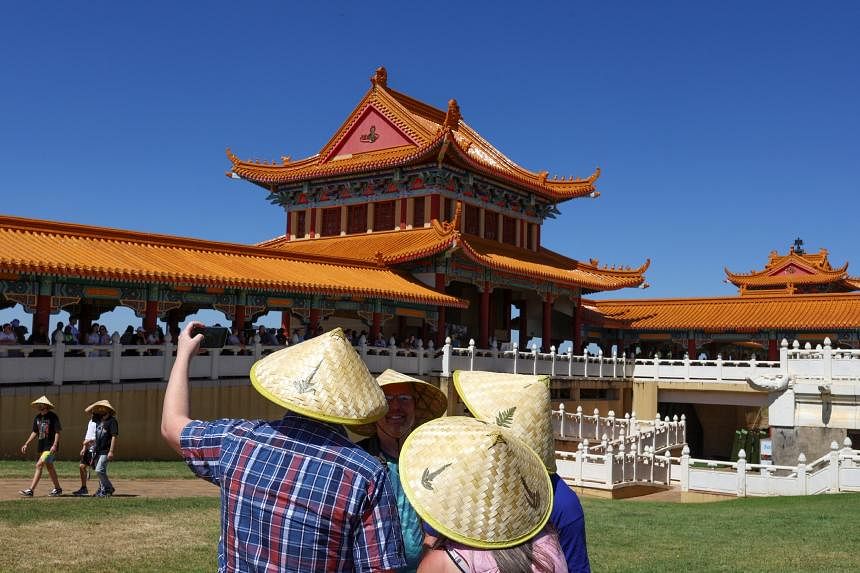NASHVILLE — Not quite halfway through the new season of HBO’s The White Lotus, a young woman, Portia, breaks into tears at breakfast. She is staying at a luxury resort in Sicily as the personal assistant of one of the wealthy guests. While her tablemate, a true vacationer, takes smiling selfies with the shining Ionian Sea in the background, Portia glances across the terrace at her despairing employer. “Is everything boring?” she asks, her voice quivering.
Portia’s problem is only partly the obscene wealth to which she exists in permanent adjacency. As her breakfast companion’s cheerful self-portraits suggest, she is also at odds with her era: “I just feel like there must’ve been a time when the world had more, you know? Like mystery or something,” she says. “And now you come somewhere like this, and it’s beautiful, and you take a picture, and then you realise that everybody’s taking that exact same picture from that exact same spot, and you have just made some redundant content for stupid Instagram.”
Already a subscriber? Log in
Read the full story and more at $9.90/month
Get exclusive reports and insights with more than 500 subscriber-only articles every month
ST One Digital
$9.90/month
No contract
ST app access on 1 mobile device
Unlock these benefits
All subscriber-only content on ST app and straitstimes.com
Easy access any time via ST app on 1 mobile device
E-paper with 2-week archive so you won't miss out on content that matters to you

